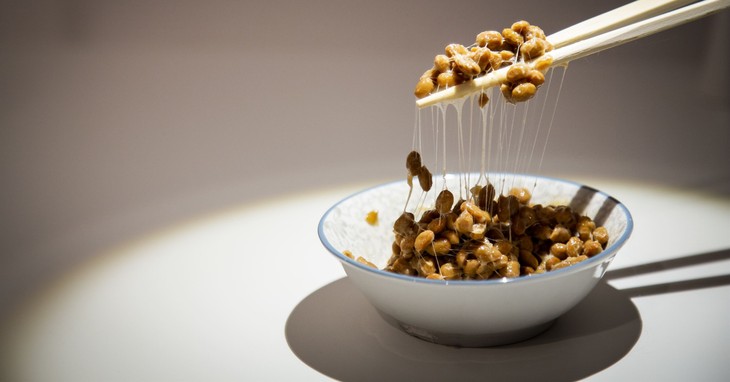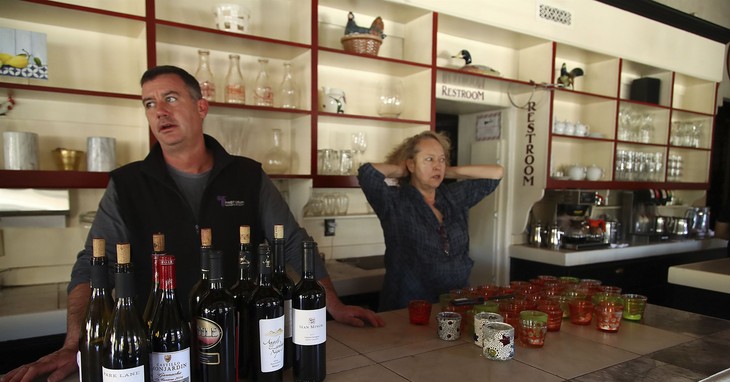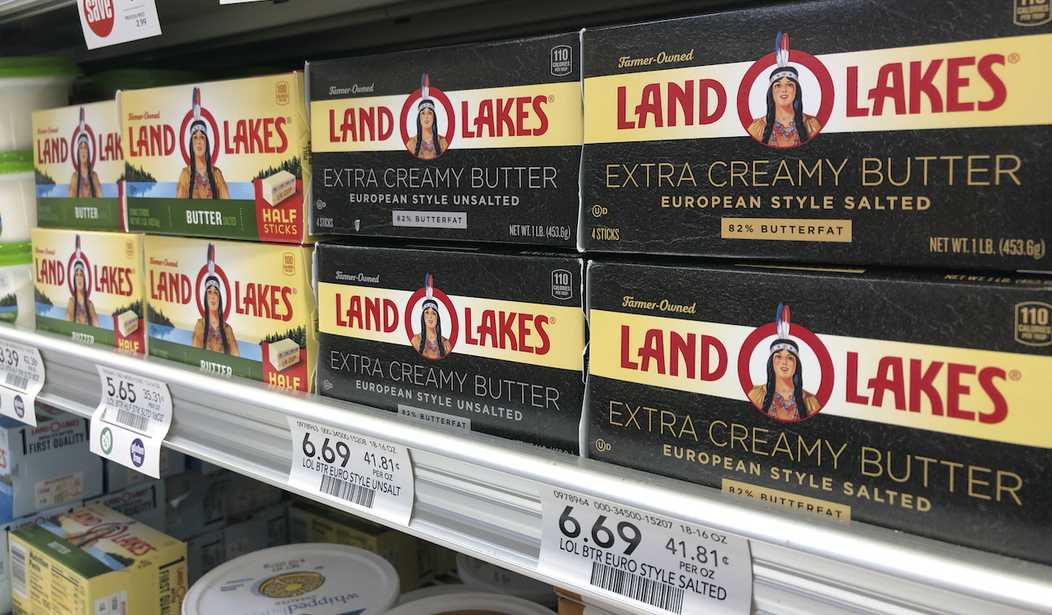They have moved on from offensive food to being offended by food adjectives.
The late-night talk show host James Cordon recently found himself in a social controversy regarding a feature on his program. In a variation on the Truth-Or-Dare game, called Spill Your Guts, Or Fill Your Guts, he asks a famous guest a challenging or embarrassing question and they have the choice to either answer or opt to eat a disgusting food selection being offered.
Of course, this being the era in which we now live, somebody was offended. Some of his selections of food were of Asian origin, and a solitary Tik Tok account complained. Yes, all of this happened. This life-challenged individual created a tempest in a bamboo steamer when they started a petition, and after garnering a significant amount of outraged signatures, Cordon has since buckled and vowed to alter his segment.
This insistence on making food a battleground might spring forth from all of the culinary conflicts portrayed in our culture. Surely, programming like “Cupcake Wars” and “Hell’s Kitchen” has inspired this intolerant, locally-sourced aggression, and we now get the Washington Post expanding on the theme. One of their food writers, G. Daniela Galarza penned a lengthy rice cake of a column where she details the latest offense found in the back of the walk-in freezer.
“I received the first of several emails from readers, complaining, or gently chiding me” in reference to a newsletter entry she wrote, as she begins her gripe.
“Your offerings tend to be exotic foreign cuisine that we wouldn’t even order in a restaurant and certainly aren’t interested in cooking at home,” one reader wrote. Another complained about “the exotic ingredients” in some recipes, and asked if I could “please try to pick some recipes featuring ingredients that are readily available?”
You might be thinking that, at this point, she was bothered to be challenged on the level of ingredients, or that she was cooking above their heads. Nope. Galarza was bothered by — the use of the word “exotic.” She couldn’t possibly be insinuating that this neutral description was in some way racist, could she? Yes, she most certainly can.
The more crucial problem is that its use, particularly as applied to food, indirectly lengthens the metaphysical distance between one group of humans and another, and, in so doing, reinforces xenophobia and racism.
So, now we have to go down this rabbit hole, and make sure we have non-GMO, vegan-friendly carrots as we traverse said tunnel. For as long as I have known, the word “exotic” has usually carried some variation of a positive implication. Rare, elevated, exclusive, and any number of other esteemed definitions are usually attached. Consider that “exotic” animals are rare and desired, “exotic” fashions are looked at as highly-stylish, while “exotic” cars are thought to be a fun ride but very expensive. The same can be said of “exotic” dancers.
Beyond the obvious desperation in getting offended by this term is that this provides a paradox of gastronomic grievances. The complaint here, as laid out by the writer, is that the word “exotic” is distancing, and as far as food goes, it should be explored and accepted and enjoyed. Then you have just hopped out of one minefield and into another because; as we have all learned, when you eat and enjoy food from another nation, you are appropriating their culture.

This is just the exercise of looking for a problem. The practice of making food a social battle topic has become more than stupid; it is self-defeating. Food is supposed to be one of the ways we have to bridge the gap between cultures. We learn about others and expand our horizons by embarking on the travel through a menu. Strangers meet over dishes; potential enemies can become allies by sharing the drinks from each other’s land. Peace can be had through shared consumption.
The high-minded thinkers of our society want the opposite. They draw battle lines on the dinner table, and they Balkanize the cuisine. We cannot eat native Mexican food nor drink tequila on May 5, or risk being offensive. We cannot offer a traditional item to a foreign national for fear of being insensitive. During the Obama years, it was a minefield to mention the president and fried chicken, because some hyper-sensitive souls declared that racist, but then it led to problematic times when he was photographed actually eating fried chicken.
This is how stupid things can get, and easily so. Making food a problem does not solve any problems, and it only creates new ones. Food is supposed to bring others together; it is not a wall to be erected between people and cultures. Now, we have reached a new nadir in the kitchen, where not only the food can be deemed a racial issue, merely describing a food can be racist.
This kind of self-serious pontificating over the innocuous is what drives our culture and our media today. Here we have a high-minded food critic managing to write a complaint that runs 2,200 words about — one word. This kind of migraine-inducing idiocy makes me want to crave an exotic cocktail. Make it doubly-offensive, by making it a double.
















Join the conversation as a VIP Member